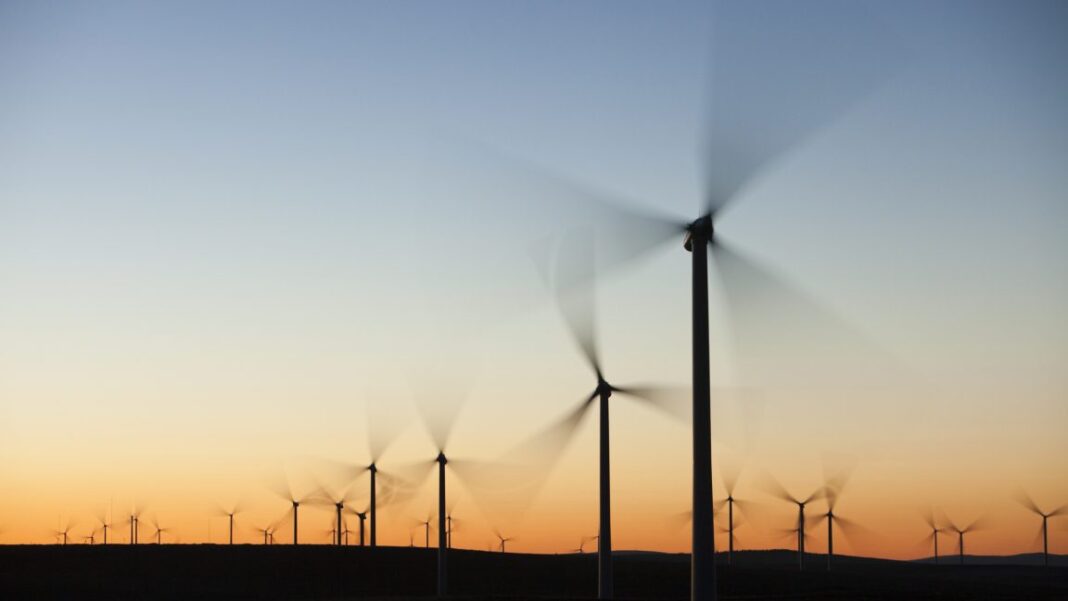The recent resistance
Academic work on the question of anti-wind farm activism is revealing a pattern: Conspiracy thinking is a stronger predictor of opposition than age, gender, education, or political leaning.
In Germany, the academic Kevin Winter and colleagues found that belief in conspiracies had many times more influence on wind opposition than any demographic factor. Worryingly, presenting opponents with facts was not particularly successful.
In a more recent article, based on surveys in the US, UK, and Australia that looked at people’s propensity to give credence to conspiracy theories, Winter and colleagues argued that opposition is “rooted in people’s worldviews.”
If you think climate change is a hoax or a beat-up by hysterical eco-doomers, you’re going to be easily persuaded that wind turbines are poisoning groundwater, causing blackouts, or, in Trump’s words, “driving [the whales] loco.”
Wind farms are fertile ground for such theories. They are highly visible symbols of climate policy, and complex enough to be mysterious to non-specialists. A row of wind turbines can become a target for fears about modernity, energy security, or government control.
This, say Winter and colleagues, “poses a challenge for communicators and institutions committed to accelerating the energy transition.” It’s harder to take on an entire worldview than to correct a few made-up talking points.
What is it all about?
Beneath the misinformation, often driven by money or political power, there’s a deeper issue. Some people—perhaps Trump among them—don’t want to deal with the fact that fossil technologies, which brought prosperity and a sense of control, are also causing environmental crises. And these are problems that aren’t solved with the addition of more technology. It offends their sense of invulnerability, of dominance. This “anti-reflexivity,” as some academics call it, is a refusal to reflect on the costs of past successes.
It is also bound up with identity. In some corners of the online “manosphere,” concerns over climate change are being painted as effeminate.
Many boomers, especially white heterosexual men like Trump, have felt disoriented as their world has shifted and changed around them. The clean energy transition symbolizes part of this change. Perhaps this is a good way to understand why Trump is lashing out at “windmills.”
Marc Hudson, Visiting Fellow, SPRU, University of Sussex Business School, University of Sussex. This article is republished from The Conversation under a Creative Commons license. Read the original article.


